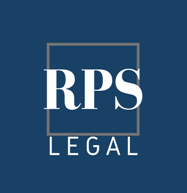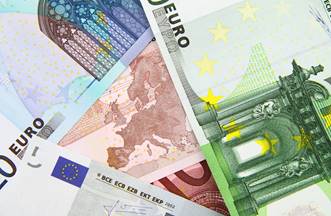The Netherlands offers special advantages to foreign investors and the Dutch taxation system offers many advantages. The corporate tax in the Netherlands varies according to the taxable income of the company and has two amount rates. Our Dutch lawyers can help you open a company in the Netherlands and provide full assistance for tax compliance.
Corporate taxation in the Netherlands
Any company incorporated in the Netherlands is considered a Dutch resident company and is subject to corporate taxation. Resident companies in the Netherlands are taxed on their worldwide income and non-resident companies in the Netherlands are only taxed on their income produced in the Netherlands.
The corporate tax rate in the Netherlands has a 20% value for the first 200,000 euros of taxable profits and a value of 25% on taxable profits that exceed 200,000 euros. Corporate income tax is calculated for all profits that derive from concluding the business in the Netherlands: trading income, foreign incomes, passive income, source income, etc. Usually, all the costs related to the business are deductible.
Exemptions from the Dutch corporate tax
There are certain income items exempt from the Dutch corporate tax:
– capital gains and dividends derived from certain subsidiaries;
– the income produced by a foreign business.
Subsidiaries in the Netherlands qualify for the participation exemption (and are thus exempt from corporate tax in the Netherlands) if they are active companies and if the Dutch parent company holds an interest of at least 5% in the company. Such subsidiaries are also subject to a tax test, meaning that they qualify for the participation exemption only if they are subject to a reasonable tax rate in the Netherlands. Likewise, subsidiaries qualify for the participation exemption if less that 50% of their assets are passive assets.
Our Dutch lawyers can help you with more information about the participation exemption and how it can apply to your Dutch company.
Other provisions for corporate taxation in the Netherlands
The Dutch tax system provides various incentives and reliefs. For example, certain allowances apply for research and development activities in the Netherlands. This allowance for R&D activities reduces the taxable income of the company. Likewise, companies that operate import and export activities in the Netherlands benefit from a special tonnage tax regime applicable for shipping companies.
For more information about corporate taxation in the Netherlands, please contact our Dutch law firm. We can also give your more details about the numerous Netherlands double tax treaties concluded so far. We can provide complete tax compliance services and numerous legal services, such as VAT registration services or litigation services.

